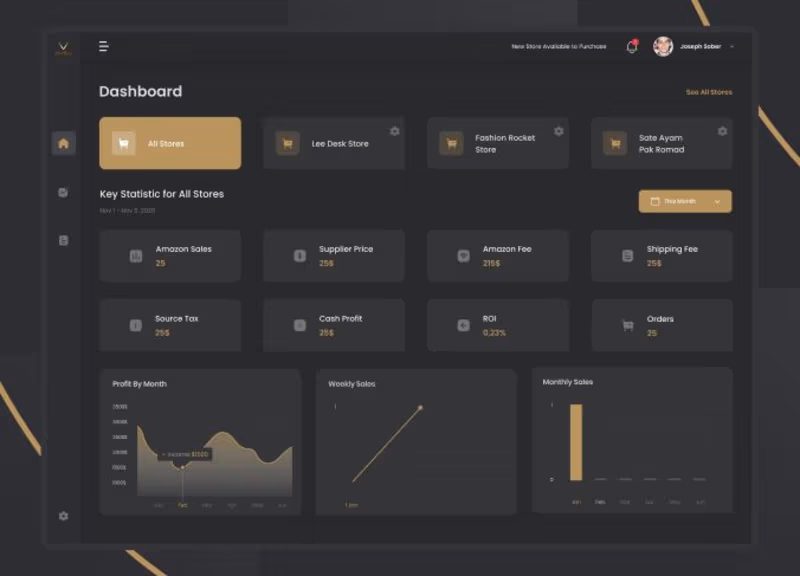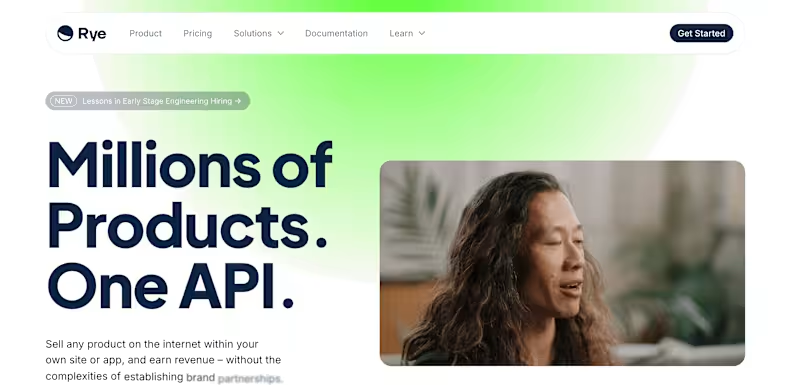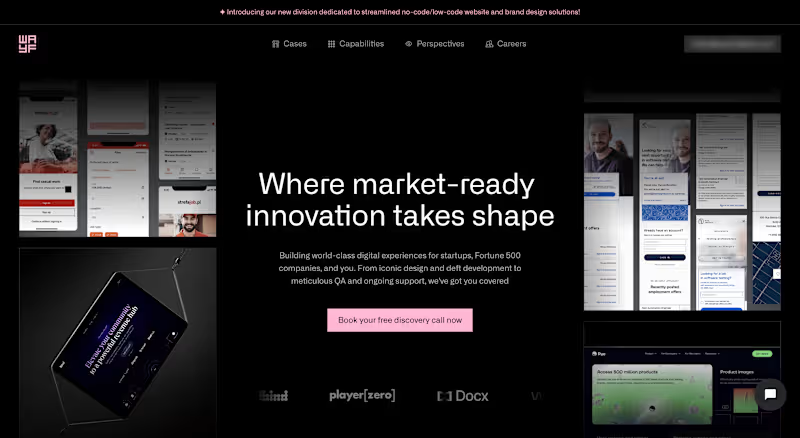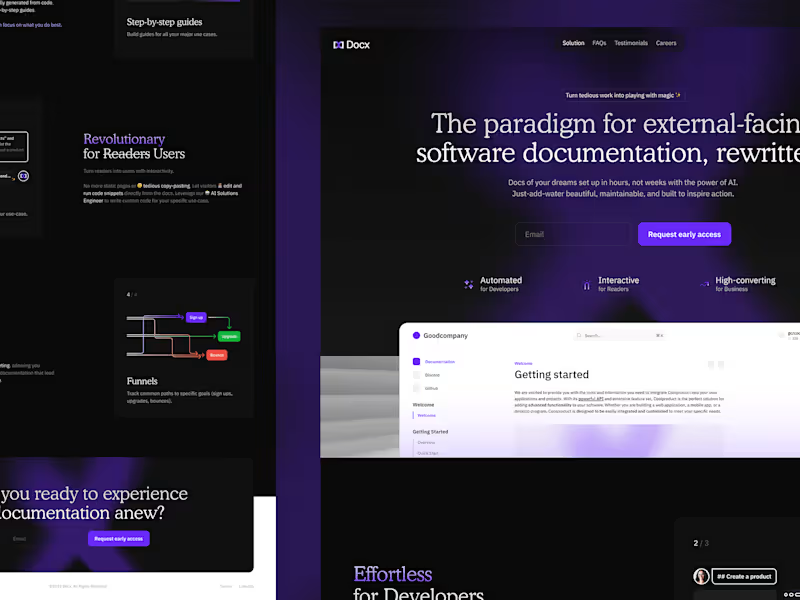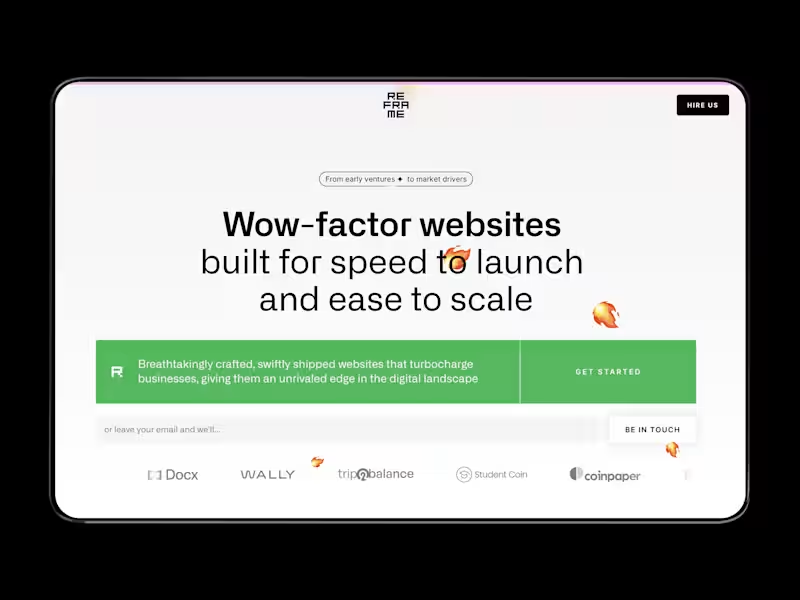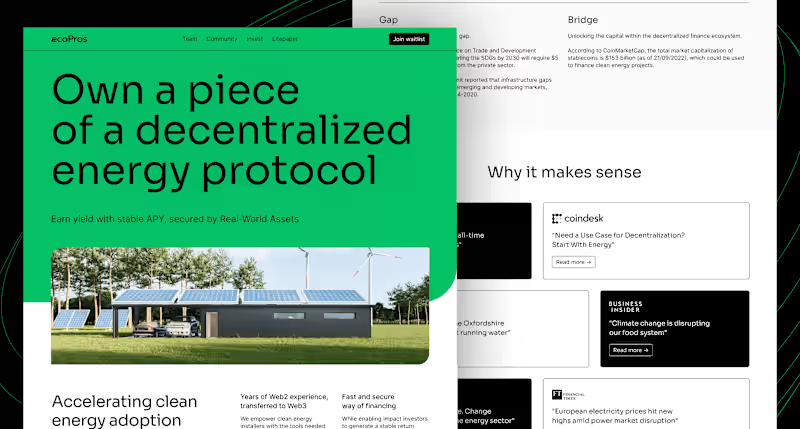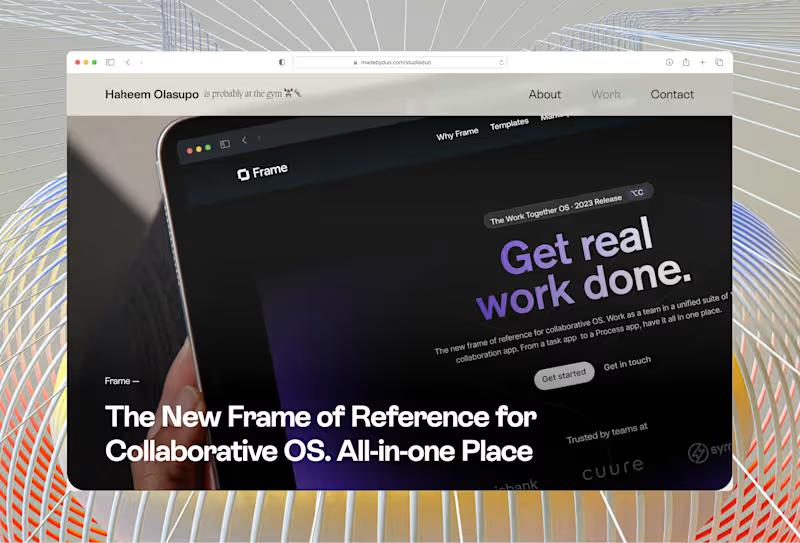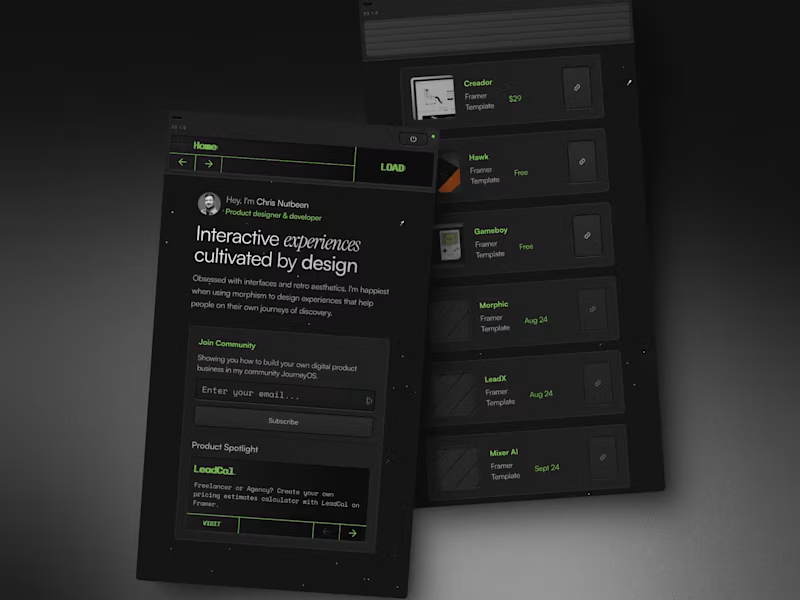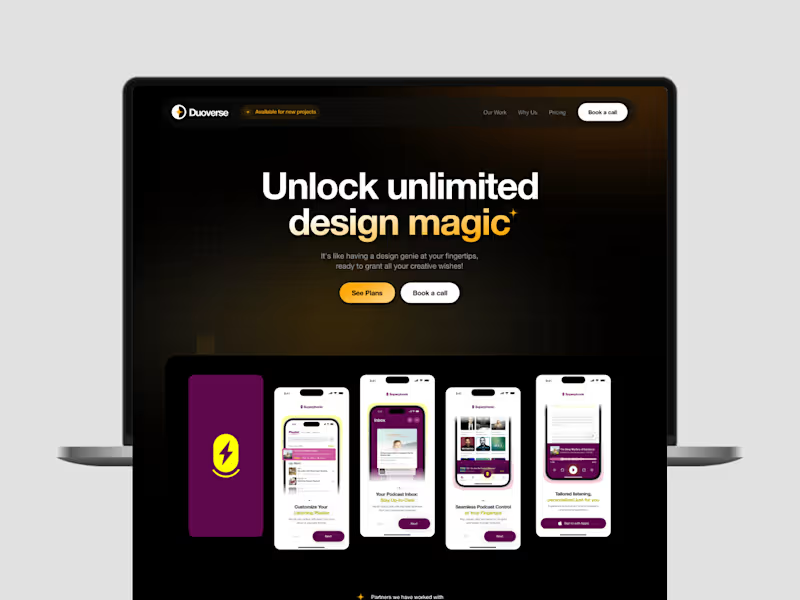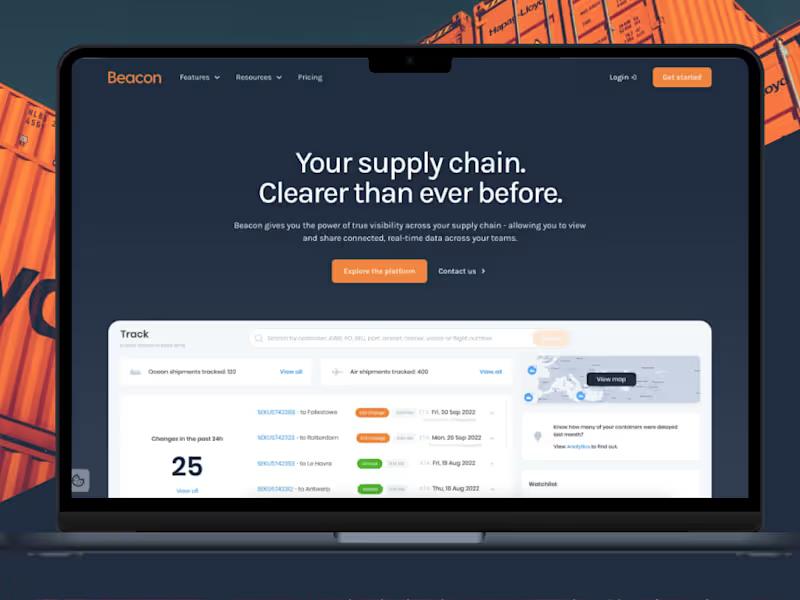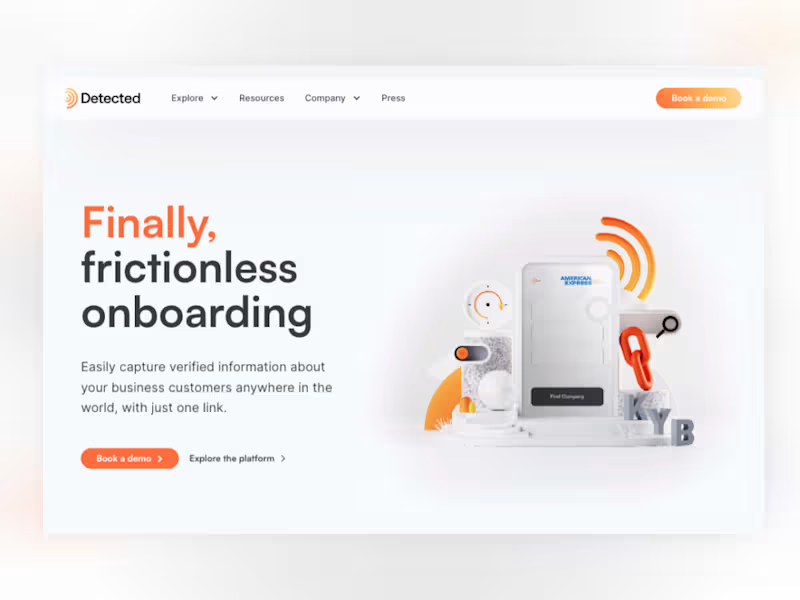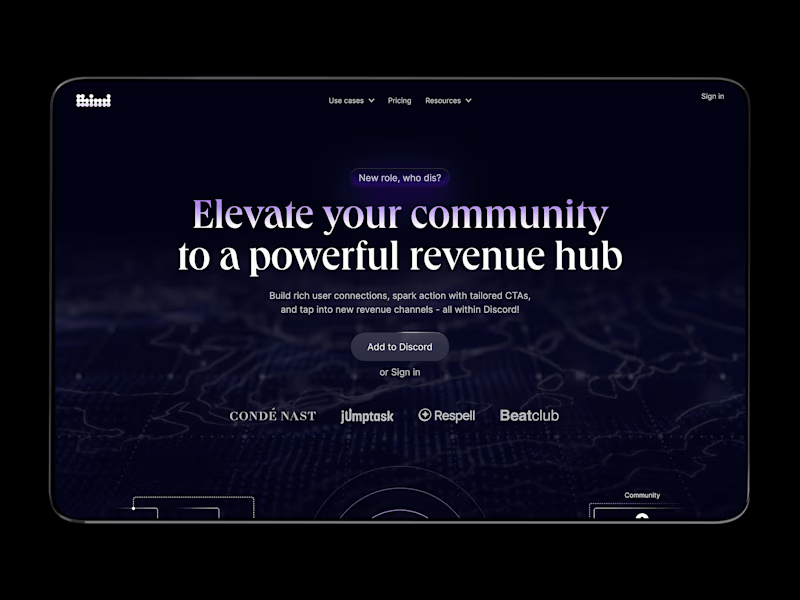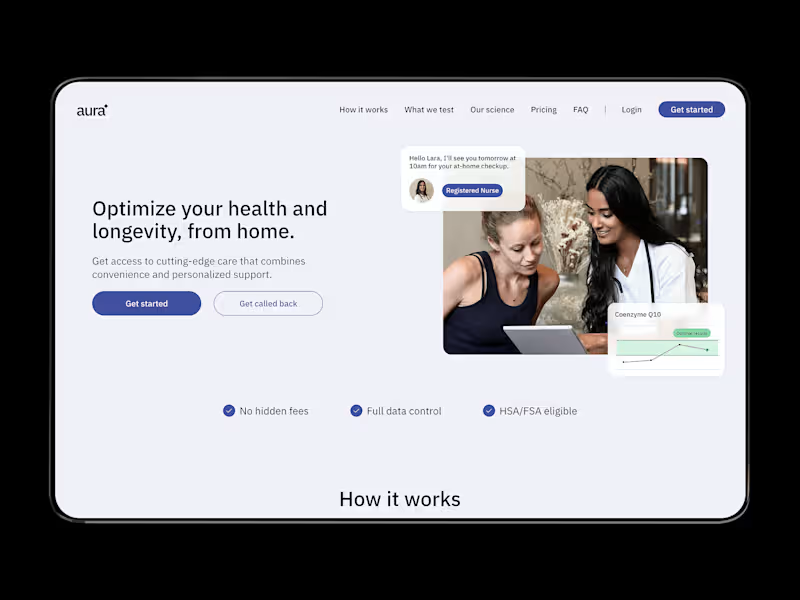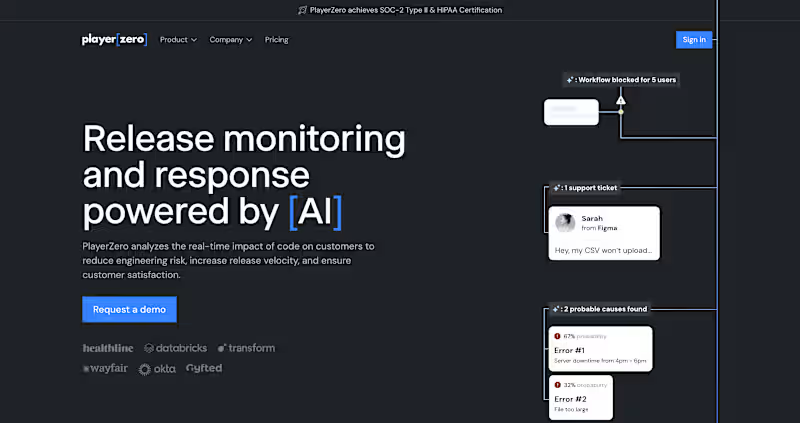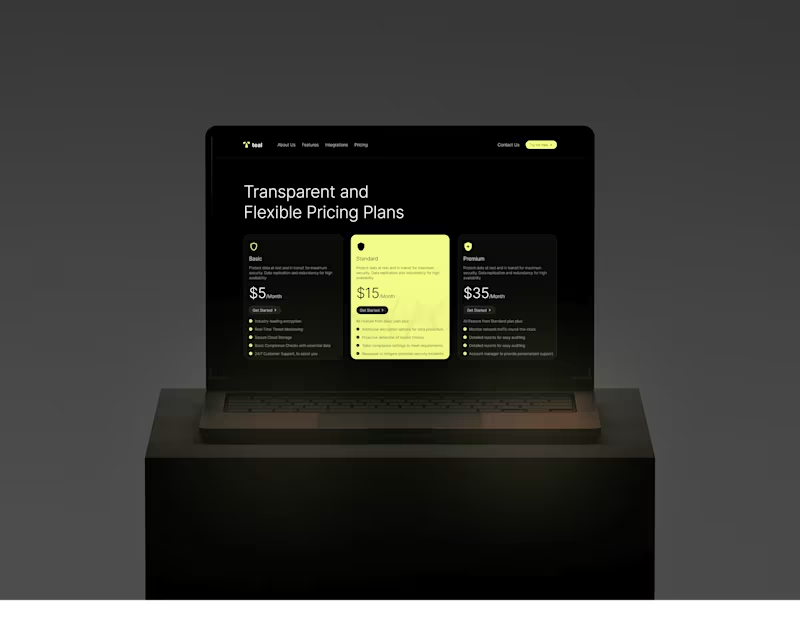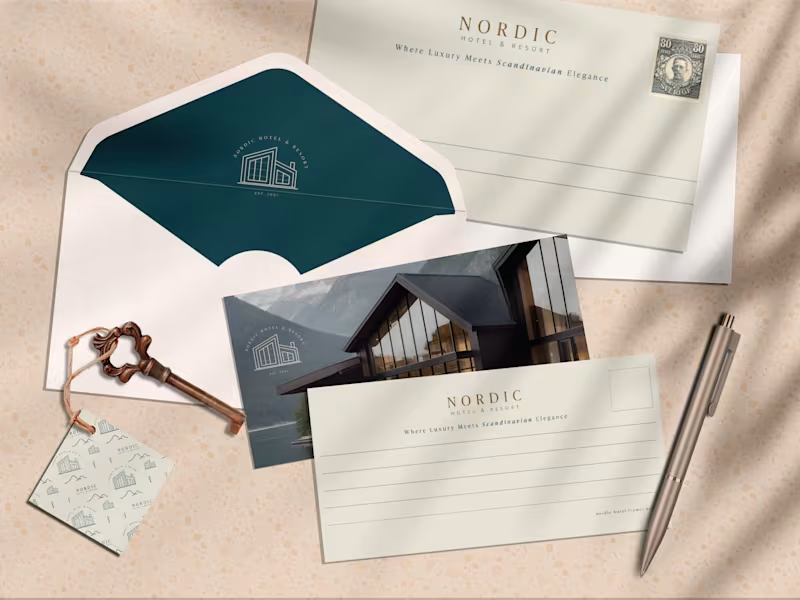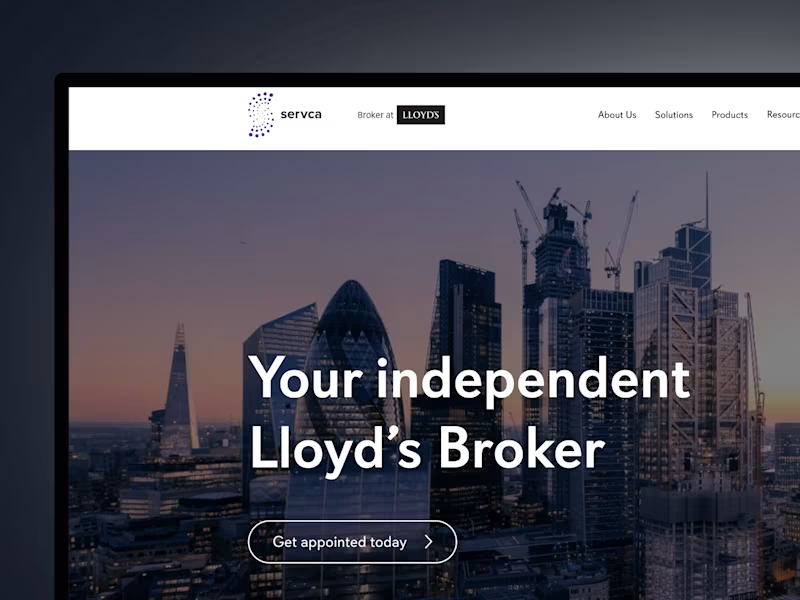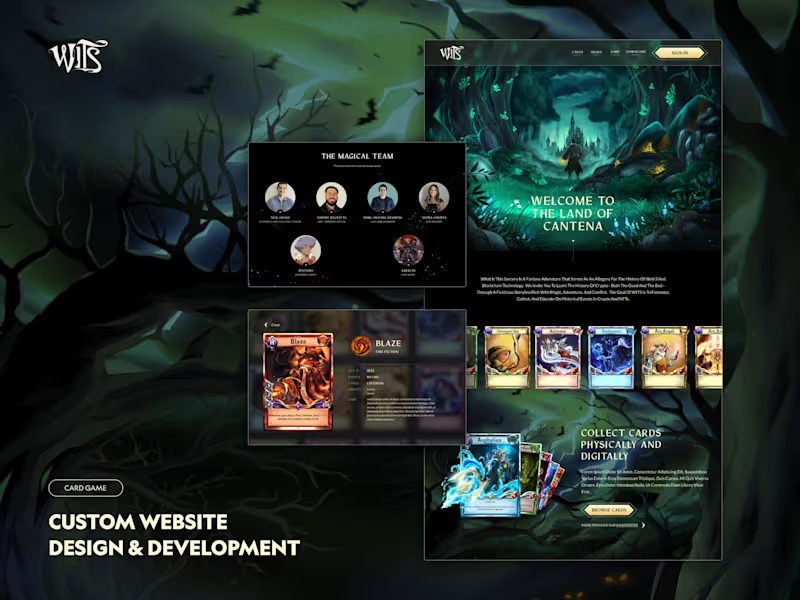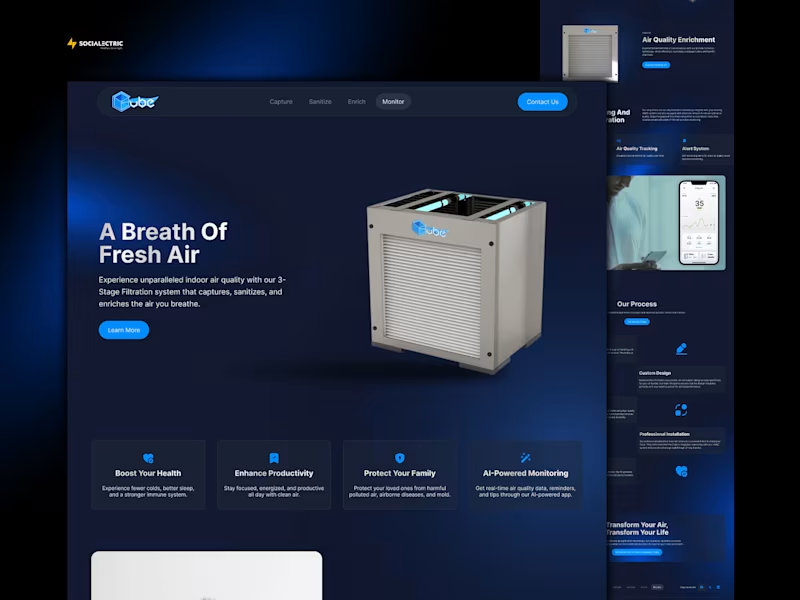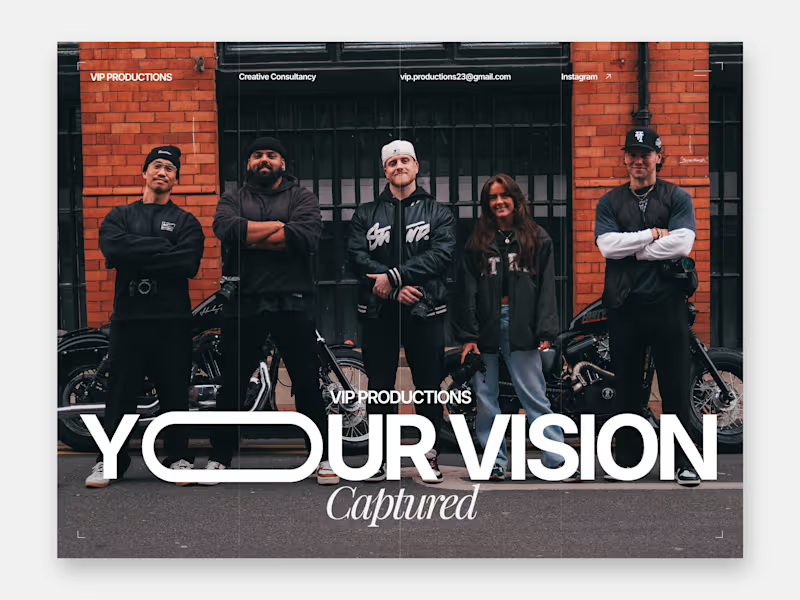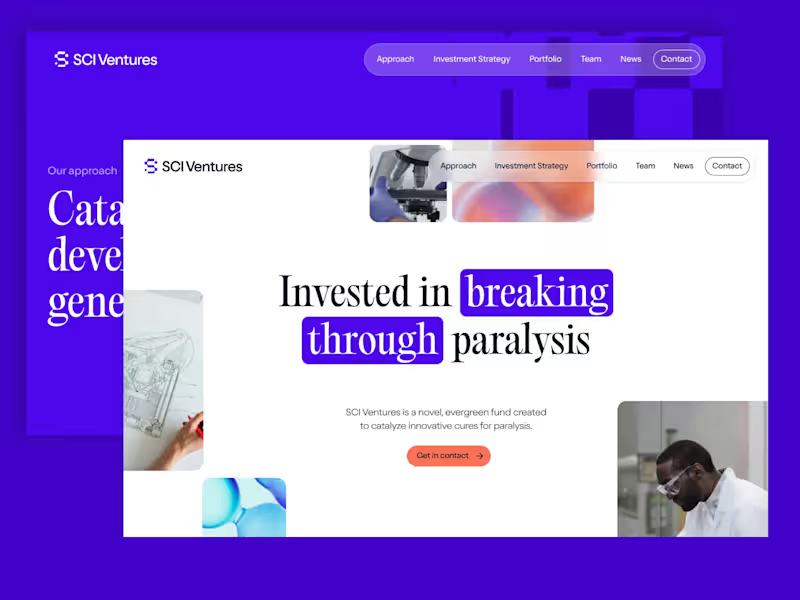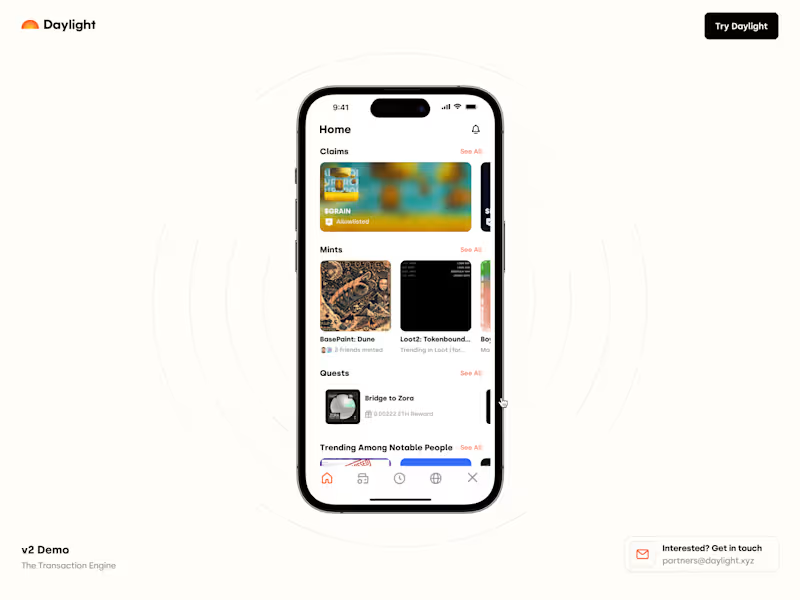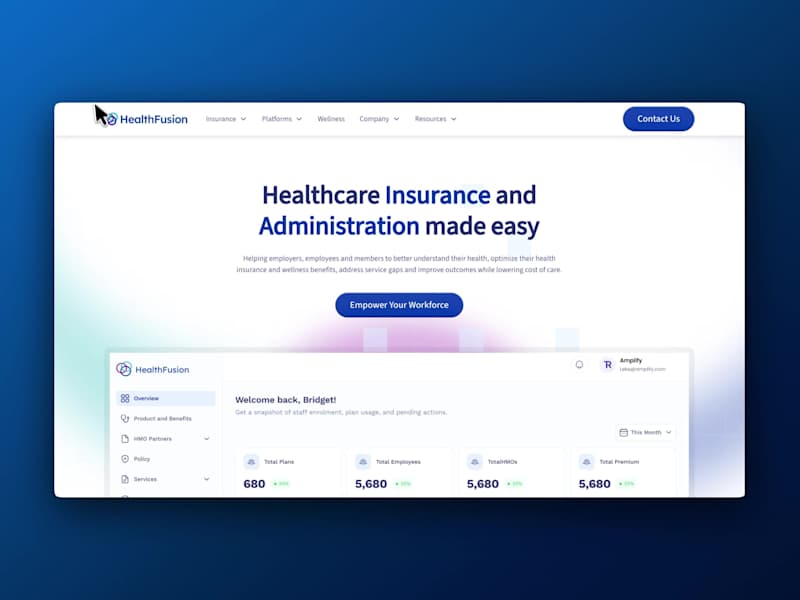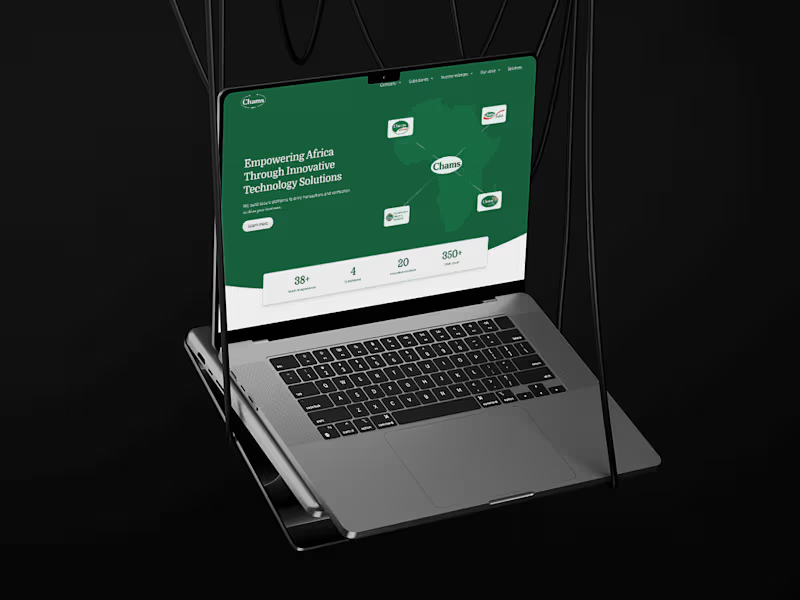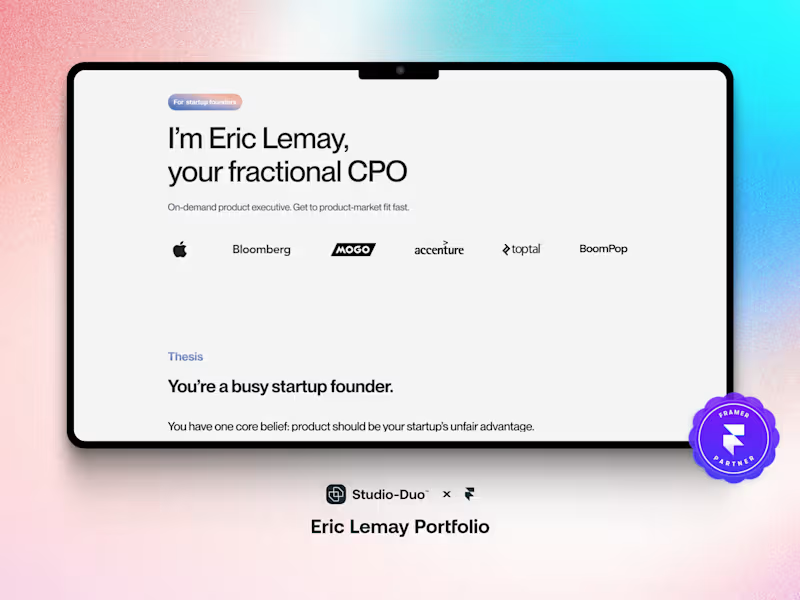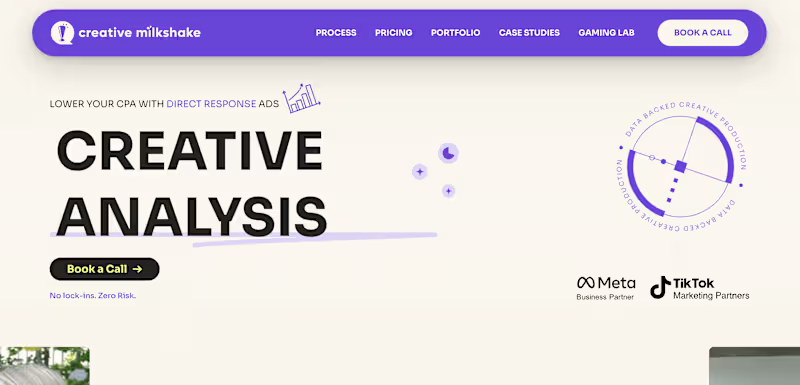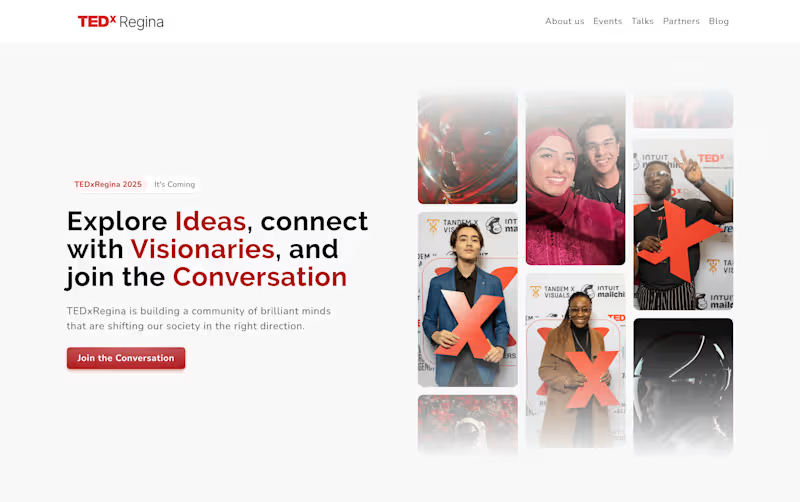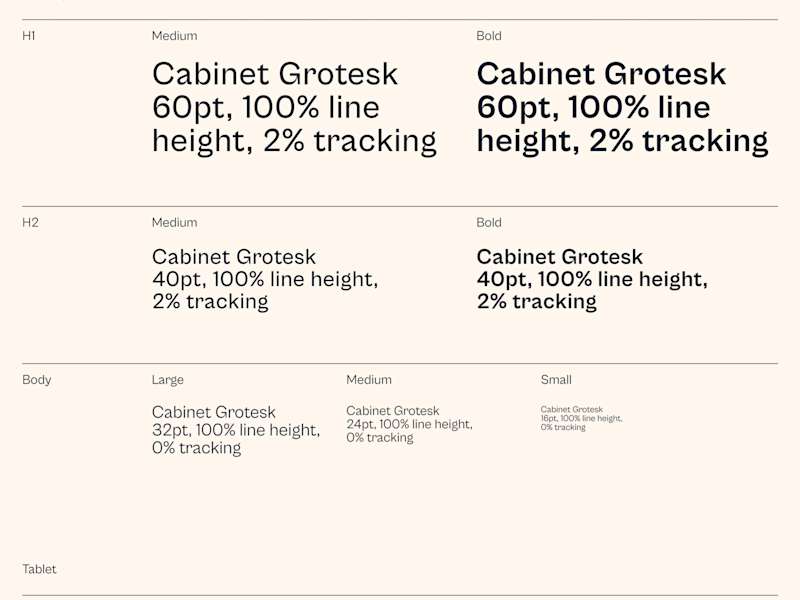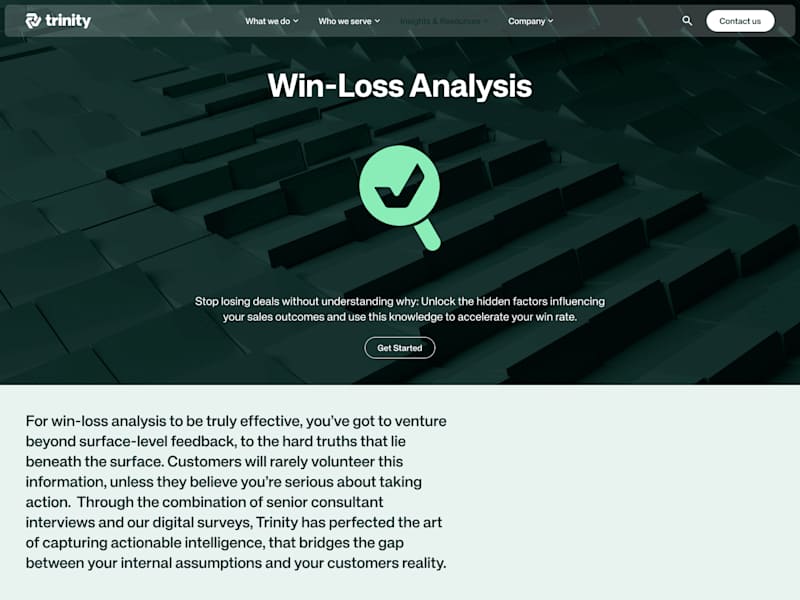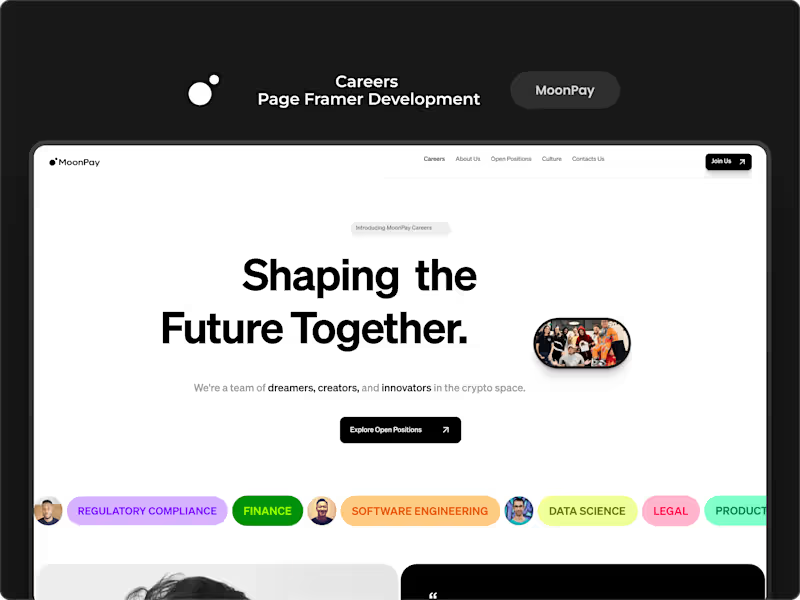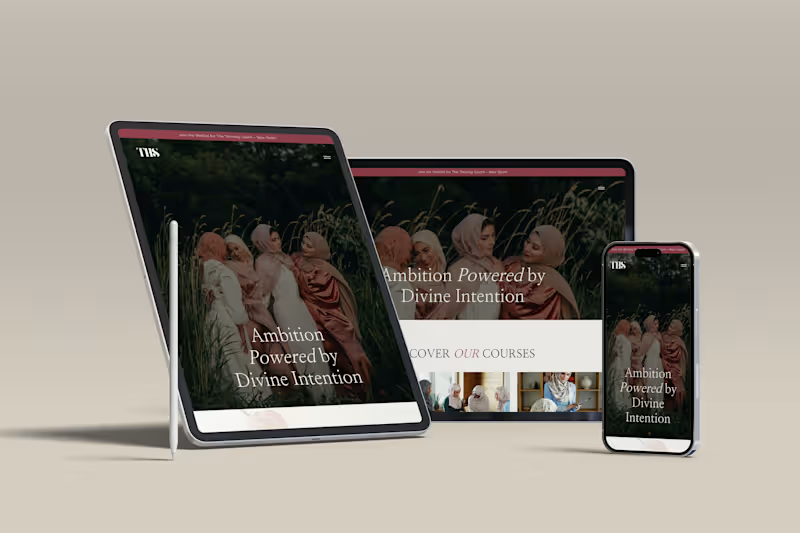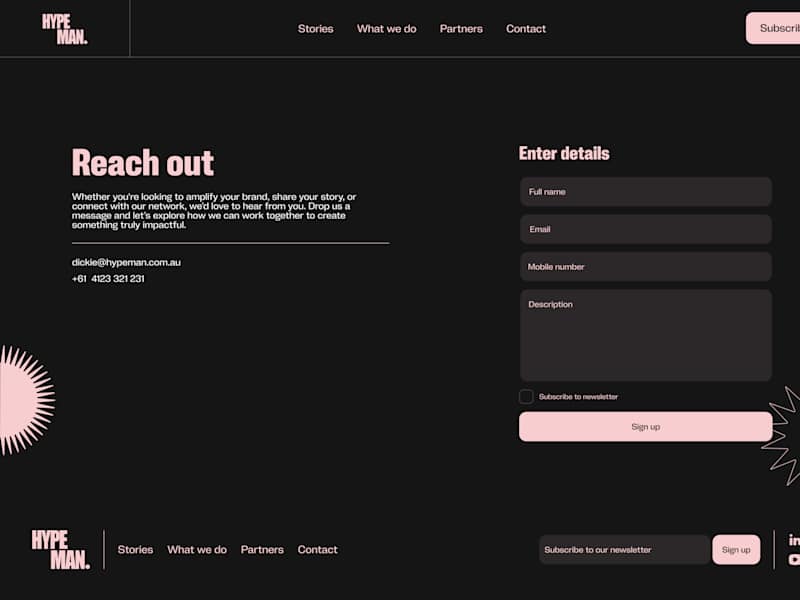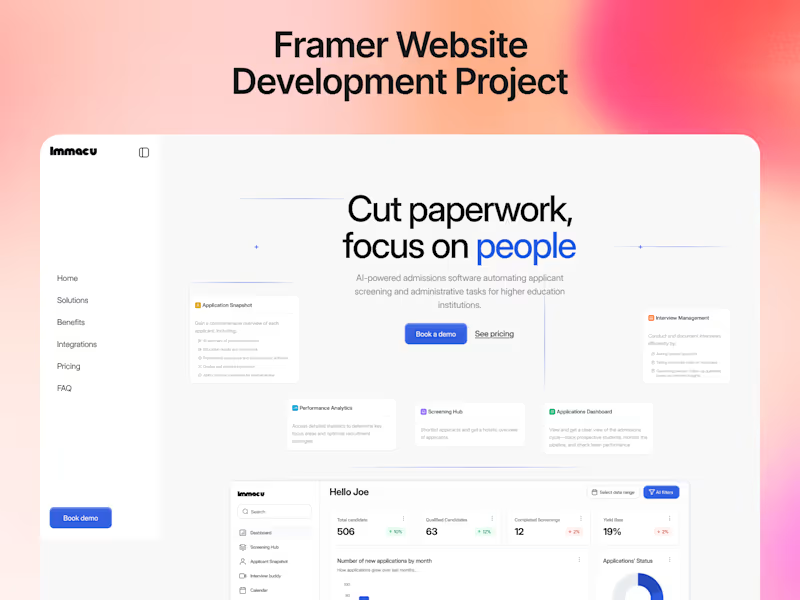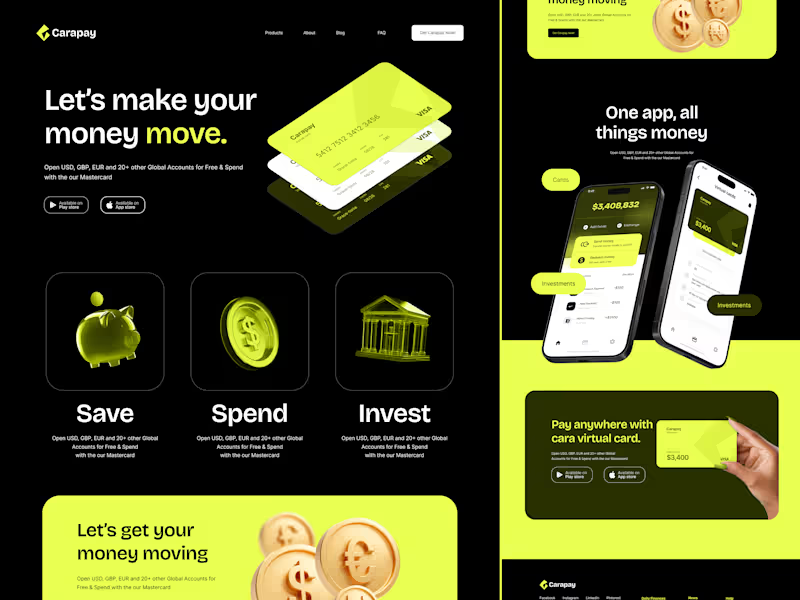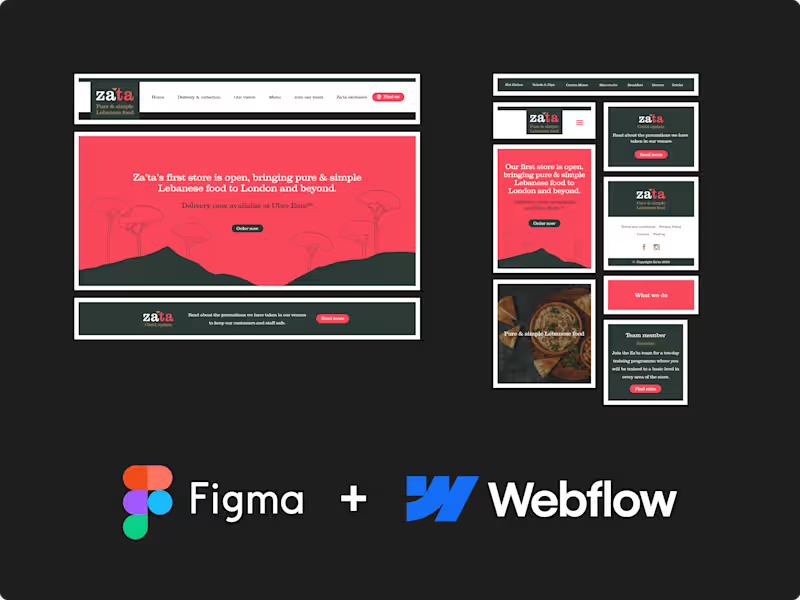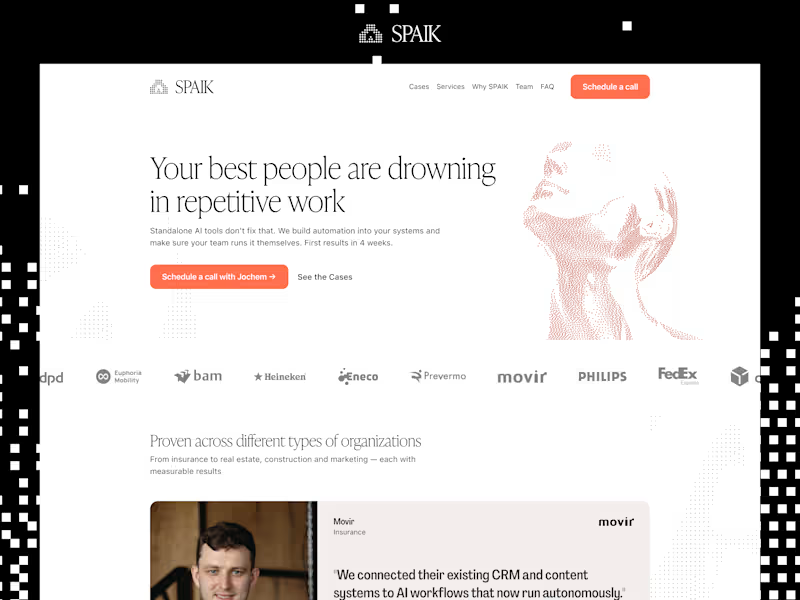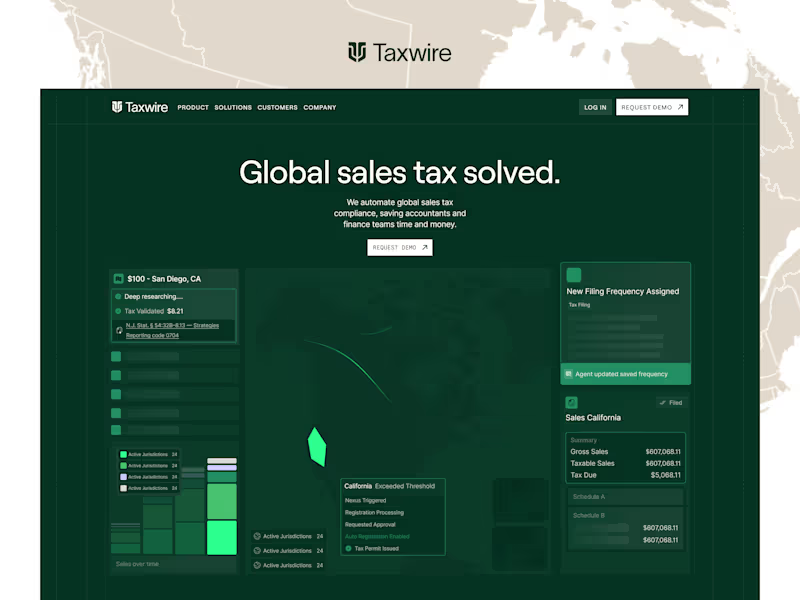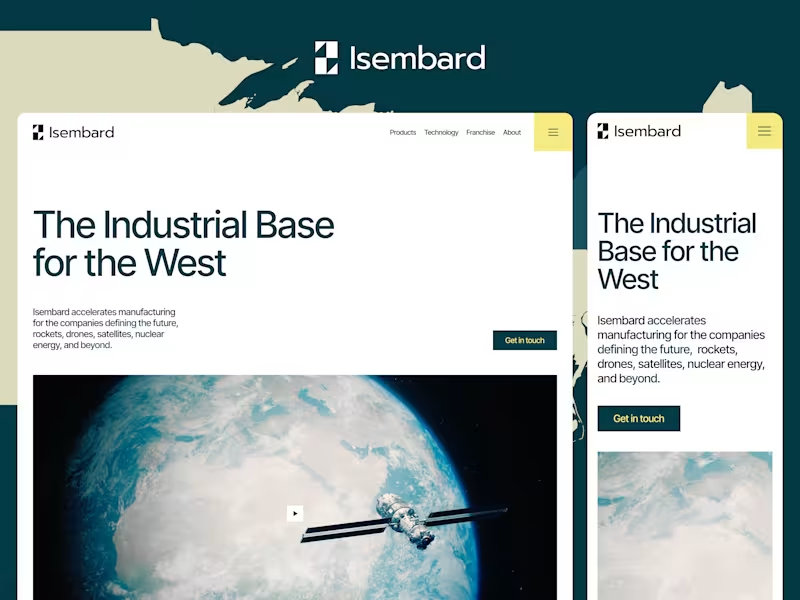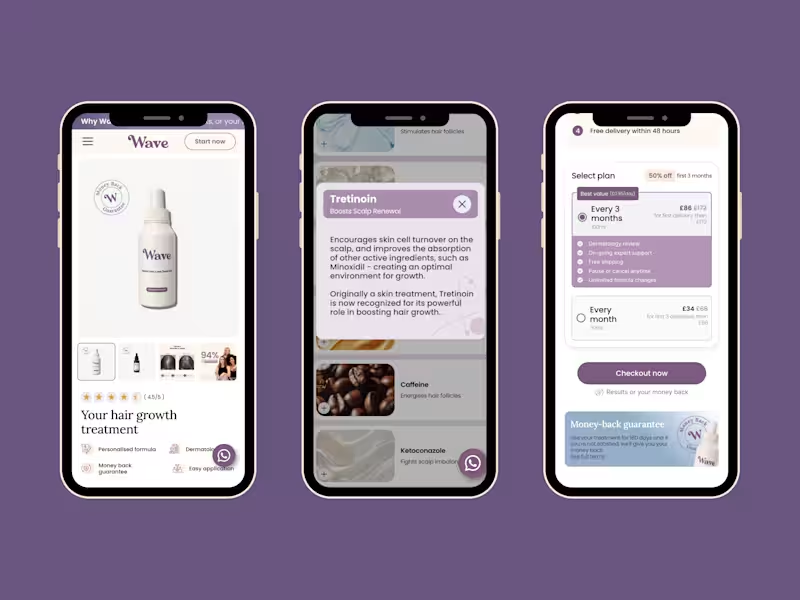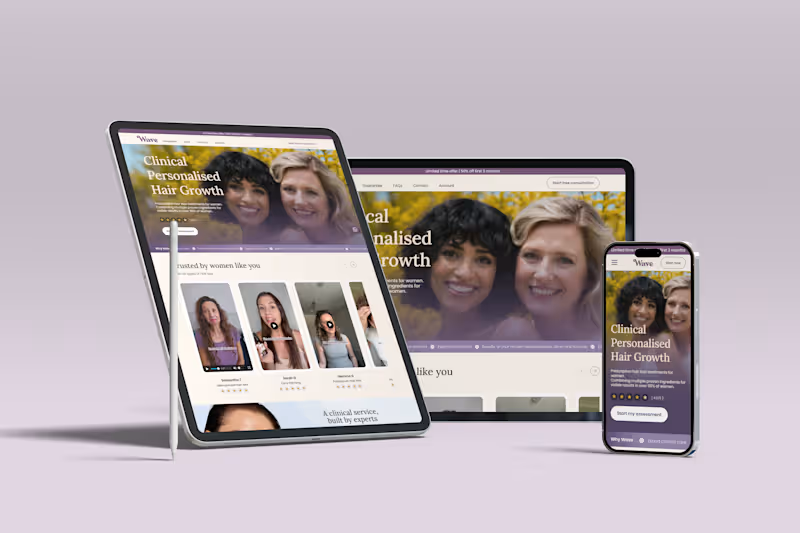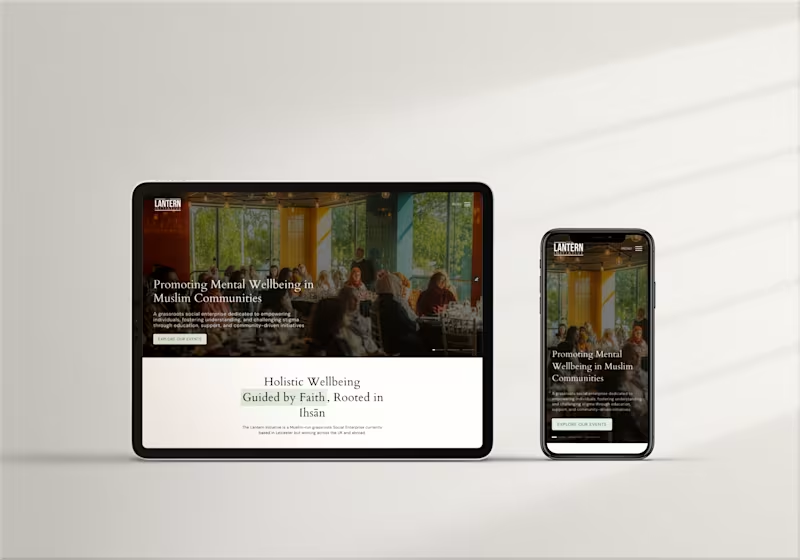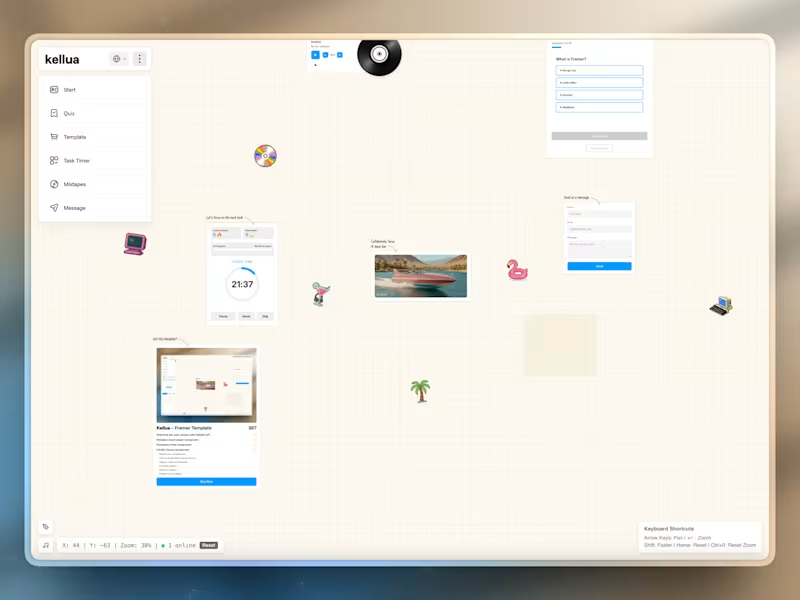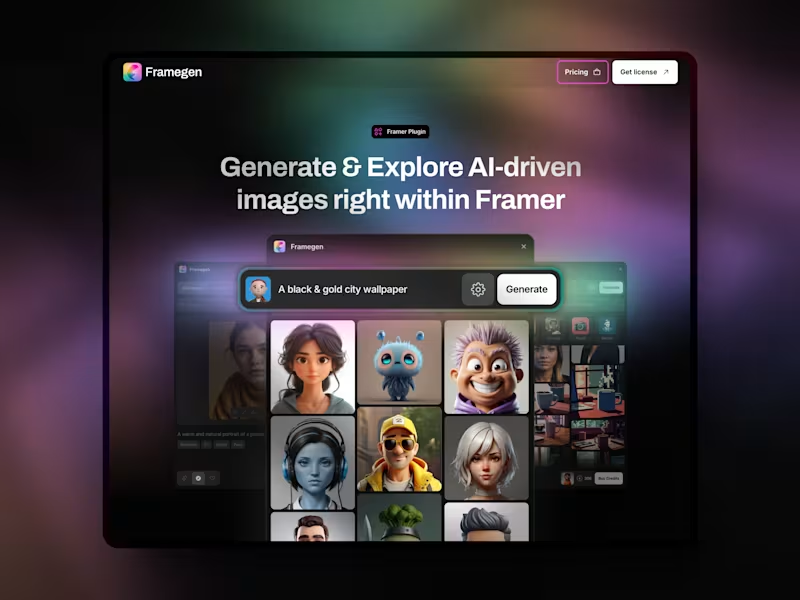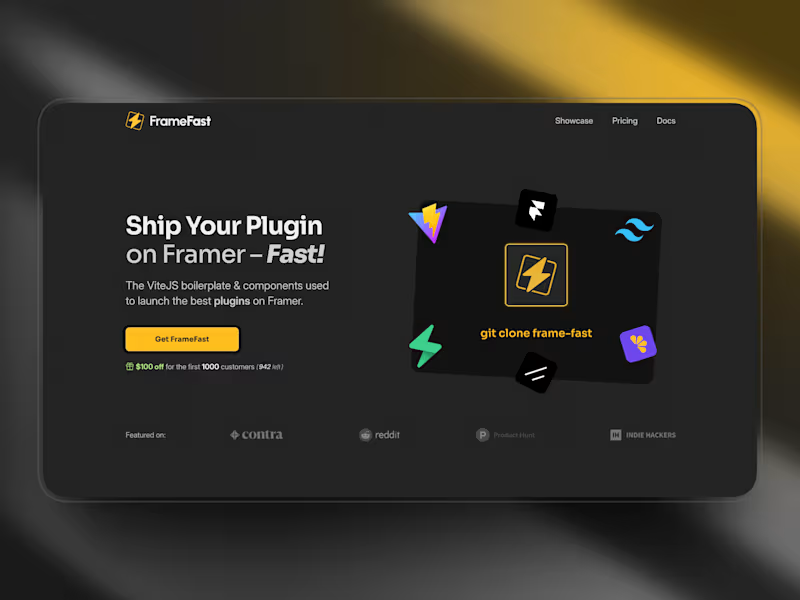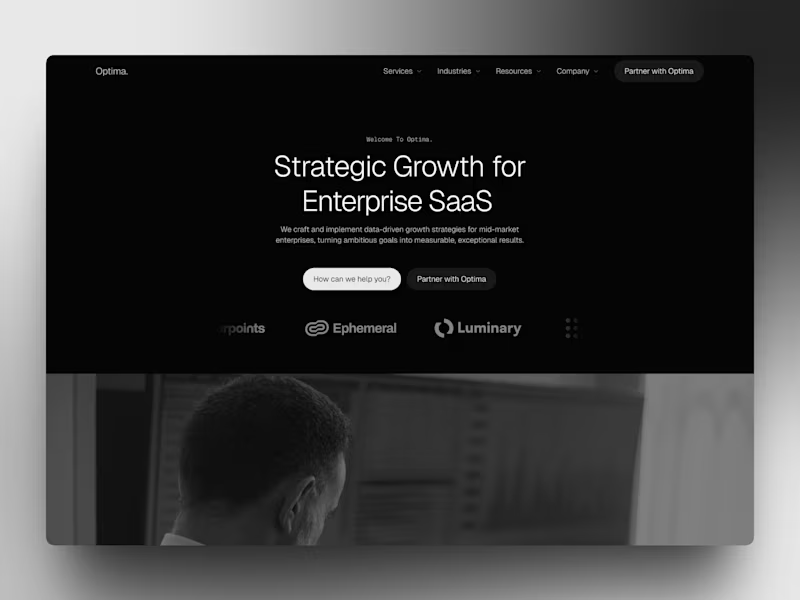What should I look for in a low-code/no-code developer’s portfolio?
Look for a variety of projects that show different skills. It's great if they have made apps or websites similar to what you want. Check if they have worked with popular platforms like Bubble or Webflow. Their portfolio should also show creativity and problem-solving. By seeing their work, you can tell if they are a good match for your project.
How can I decide which low-code/no-code platforms a developer should use for my project?
Think about what your project needs, like certain features or speed. Some platforms are better for complex apps, while others are best for simple websites. Ask the developer what they like to use and why. Together, you can decide which tool will make your project a success. Make sure the tools they use match your project’s goals.
How do I agree on deliverables with a low-code/no-code developer?
Start by discussing what you want the final product to be. Make a clear list of all the features and functions. It's like making a big to-do list for them! Talk with the developer about what's most important to finish first. Having a plan makes sure everyone knows what to do next.
What type of timeline should I expect when starting a low-code/no-code project?
Every project is different, but low-code/no-code projects can often be faster. Talk to your developer about the time they think it will take. Make sure to agree on checkpoints to see progress. Remember to leave a little extra time for testing and changes. In the UK, timelines might depend on holidays or other local events, so be sure to consider those too.
How can I ensure a developer understands my project’s vision clearly?
Explain your project in simple terms, like telling a story. Share examples or drawings of what you want. Regular chats with the developer help keep everyone on the same page. Make sure they can ask you questions anytime. Clear communication helps keep the project on track.
How should I manage updates and feedback with a freelance low-code/no-code developer?
Regular updates are like checking progress on a school project. Decide how often you want updates, like weekly check-ins. Discuss how you will share feedback and how quickly you expect changes. In the UK, you might use tools like Slack or email for easy communication. Keeping in touch helps the project move smoothly.
How can I make sure my project meets local UK regulations?
Ask your developer about their experience with UK regulations. They should know about data protection, like GDPR. Have a checklist of rules to follow for your project. You might even want a local expert to double-check things. Following the rules keeps your project safe and trustworthy.
What sort of support should I expect after my low-code/no-code project is delivered?
Once your project is done, there might still be things to fix. Ask if the developer offers support for tweaks or issues. Agree on how long they will help for free and what might cost extra. A good plan means your project will work well for a long time. It's like having a helper ready for when you need them.
How do I ensure the developer I hire integrates well with my existing team?
Introduce the developer to your team and share how you all work together. Team communication is key. Use UK-based tools like Microsoft Teams or other platforms for collaboration. Regular meetings help the developer feel like part of the team. Friendly and open communication makes everything work better.
Who is Contra for?
Contra is designed for both freelancers (referred to as "independents") and clients. Freelancers can showcase their work, connect with clients, and manage projects commission-free. Clients can discover and hire top freelance talent for their projects.
What is the vision of Contra?
Contra aims to revolutionize the world of work by providing an all-in-one platform that empowers freelancers and clients to connect and collaborate seamlessly, eliminating traditional barriers and commission fees.





































